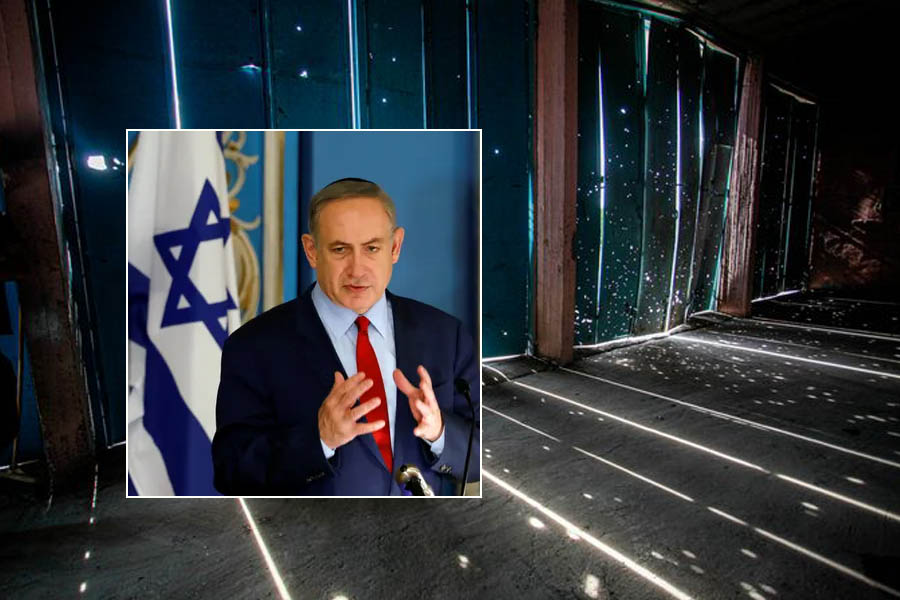
In the wake of the deadly attack by Hamas militants that claimed the lives of 1,200 Israelis, Israeli Prime Minister Benjamin Netanyahu has taken a decisive step towards national unity. Partnering with Benny Gantz, head of the National Unity party and a former defense minister, Netanyahu's move to form a national unity government involving members of the opposition and former military leaders signals a collective effort to reassure a country still reeling from the recent tragedy.
This significant decision follows scathing criticisms of Netanyahu's administration after the surprise attack, considered the worst failure of Israeli intelligence in decades. The attack, coupled with the political unrest sparked by Netanyahu's plans to overhaul the judiciary, had caused deep divisions within Israeli society. Recognizing the urgent need for unity, Netanyahu stated during a televised speech, “The most important action [now] is to establish the unity of the nation... We are all united. And when we are united—we win.”
The unity government, a collaboration between Netanyahu and Gantz, aims to bridge political gaps and restore faith in leadership decisions. Gantz, a respected former chief of staff, brings valuable military expertise to the table. Joining him is another former military chief, Gadi Eizenkot, creating a team that exudes both expertise and legitimacy in the eyes of the public.
To bolster Israel's diplomatic efforts during the ongoing conflict, Yair Lapid, the head of the opposition, has been offered a place in the war cabinet. His global connections and influence among center and center-left political circles could enhance Israel's foreign relations, providing a well-rounded approach to tackling the crisis.
The war cabinet, which includes Defense Minister Yoav Gallant and two observers—former chief of staff Eizenkot and strategic-affairs minister Ron Dermer—was swiftly convened after the agreement was reached. This small, focused group will exclusively handle legislation and government decisions related to the conflict, ensuring a streamlined approach in these challenging times.
This is not the first time Netanyahu and Gantz have set aside their political differences to form a unity government during a national emergency. Previously, they collaborated to address the challenges posed by the Covid-19 crisis. Despite their past differences, this collaboration emphasizes the gravity of the current situation and the need for solidarity among political leaders.
As Israel prepares for the next stages of the conflict, Secretary of State Antony J. Blinken's arrival in Tel Aviv underscores the international support for Israel's efforts. Blinken's message, "We have their back today. We’ll have it tomorrow. We will have it every day," reaffirms the unwavering support of the United States and the international community for Israel.
In these trying times, Israel's national unity government stands as a beacon of hope, demonstrating that unity and collective action are the keys to overcoming adversity. As the nation braces itself for the challenges ahead, the collaborative spirit displayed by its leaders serves as a testament to the resilience and strength of the Israeli people.